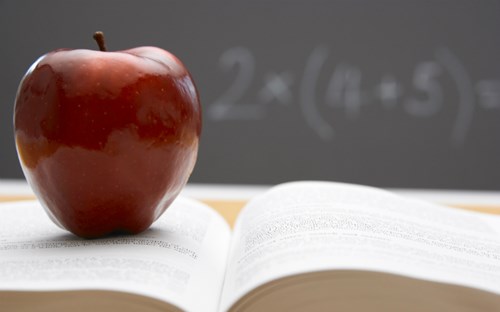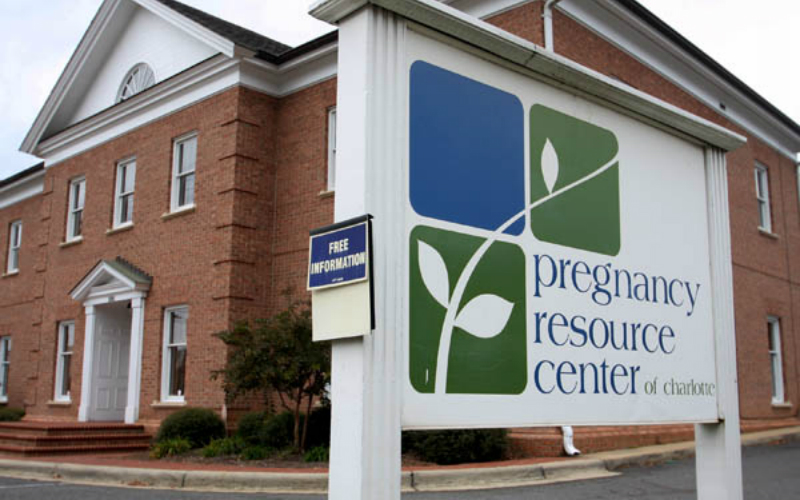First Liberty Institute and Consovoy McCarthy PLLC have asked the U.S. Court of Appeals for the First Circuit to reverse a lower court decision that upheld a Maine law passed to prevent religious schools from participating in the state's school choice program due to their religious beliefs. The lawsuit was filed on behalf of Crosspoint Church, which operates Bangor Christian Schools ("BCS").
"In 2022, the Supreme Court of the United States held in Carson versus Makin that a state agency cannot discriminate by withholding funds from parents who choose to use state funds to support the educational efforts of their children at religious schools," says First Liberty attorney Jeremy Dys.
"What the state of Maine did while that case was pending," he continues, "was to sort of place a poison pill that would make it even harder, so parents use the money now, but now the schools have to regulate it to abide by the ideology of the state itself."
That, says Dys, puts churches and religious schools in jeopardy because they may have convictions that conflict with the ideology of the state.
"So, here we go again once more with the state of Maine just simply wanting to discriminate against people of faith who want to educate their children according to the dictates of their conscience and they're making a very difficult for an otherwise free people to engage in such freedom," says Dys.
Case to keep an eye on
Dys anticipates arguments in front of the First Circuit at the beginning of the new year and a decision "roughly about a year from today."
The case would then be appealed to the United States Supreme Court by either the state of Maine or First Liberty's clients.

"What's really at stake here is the freedom of a religious institution to be a religious institution," says Dys. "Are we going to cede control of the thoughts, beliefs and attitudes of a religious institution to the state? Can the state in fact tell religious institutions that 'if you wish to participate in public, on equal footing with everybody else you have to agree and abide by the beliefs of the state that you're governed by?'"
If you ask Dys, our country was founded on the exact opposite principle.
"People of faith and the institutions that they form ought to be free to operate according to the dictates of their conscience and requiring them to believe anything else is a form of discrimination that we have long rejected in this country," says Dys. "I'm confident that eventually the Supreme Court of the United States will agree with our position and reject the continual efforts by the state of Maine to look for ways to discriminate against people of faith in their state."







